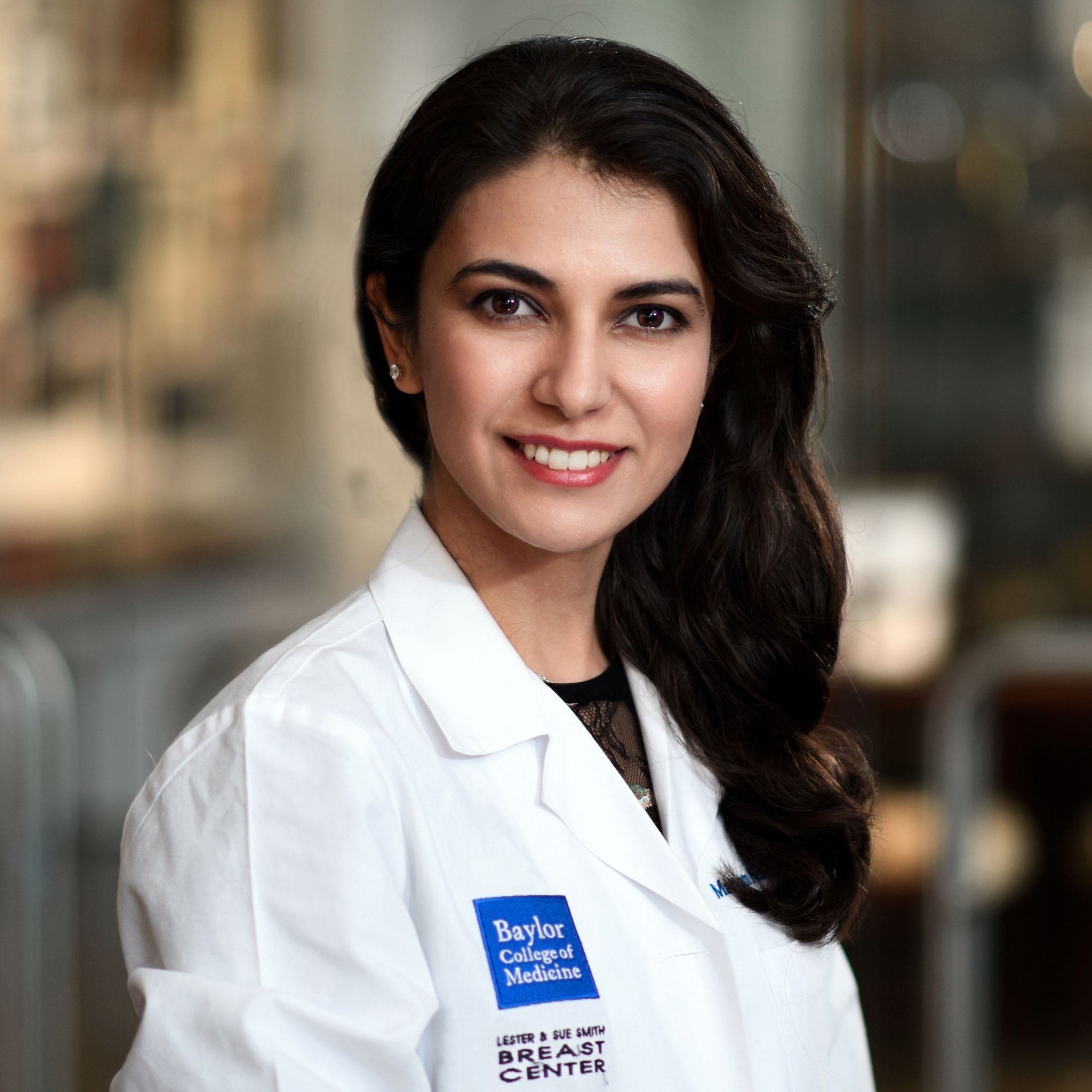

A total of 1123 PDs (30% response rate) representing 30 different specialities responded to our survey. PDs were asked about their experience with VIs and the ability to assess residency applicants using the virtual format. To determine the strengths, limitations, and overall utility of virtual interviews (VIs) for residency applicant selection, a 14-question electronic survey was administered to programme directors (PDs) of all American Council for Graduate Medical Education (ACGME)-accredited residency programmes, from December 2020 through March 2021. National Resident Matching Program (NRMP), most important of which is the replacement of traditional in-person interviews with a virtual format.

Together, these findings demonstrate an unexpected role for commensal bacteria in promoting IL-1β secretion to support intestinal barrier repair.ĬOVID-19 imposed significant limitations upon the 2021 U.S. rodentium infection through CX3CR1⁺ MNP and IL-1β production. coli isolates that similarly protect mice from C.

In vivo, protection after GDAR2-2 colonization was lost after depletion of CX3CR1⁺ MNPs, or blockade of IL-1β or IL-22. In vitro co-culture of macrophages with GDAR2-2 resulted in IL-1β production.

Colonization with GDAR2-2 in mice resulted in expansion of CX3CR1⁺ mononuclear phagocytes, including CX3CR1⁺ macrophages/dendritic cells and monocytes, along with IL-22-secreting type 3 innate lymphoid cells and improved epithelial barrier function. coli isolate, GDAR2-2, that protects mice from Citrobacter rodentium infection and dextran sulfate sodium-induced colitis. As shifts in both intestinal epithelial barrier function and microbiota composition are found in inflammatory bowel disease patients, it is critical to understand the role of distinct bacteria in regulating barrier repair. The gut microbiota is essential for maintenance and repair of the intestinal epithelial barrier.


 0 kommentar(er)
0 kommentar(er)
